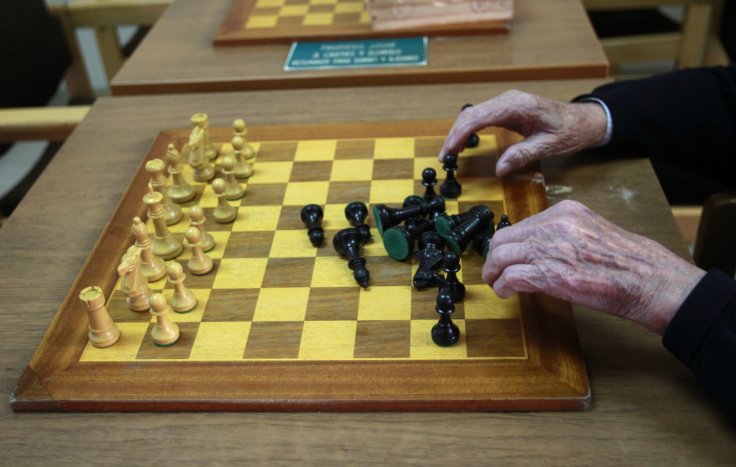
India's chess Grandmaster Soumya Swaminathan has said she will not be travelling with the Indian team for the Asian Team Chess Championship in Hamadan, Iran to be held between July 26 and August 4, saying the Islamic nation's compulsory headscarf law would be a "direct violation" of her basic rights.
Swaminathan, the 29-year-old from Pune, took to Facebook to post a heartfelt message about her inability to participate in the "important" tournament, which provides the winner a berth to the world team chess championships.
The fourth-ranked Indian women's player said was forced to take a big decision as it was the only way to protect her rights while expressing disappointment at Iran's policy to enforce a religious dress code.
Swaminathan, who is also a former world girl's junior champion, lashed out at authorities for not keeping in mind athletes' rights while organising "official tournaments"
Notably, this is not the first time an Indian sportsperson has denied playing in Iran. In 2016, reigning Commonwealth champion Heena Sidhu snubbed the Asian Airgun meet in the Western Asian country for the same reason.
Full text of Soumya Swaminathan's post against Iran's policy to enforce a religious dress code in sports.
"I am very sorry to state that I have asked to be excused from the Indian Women's team for the forthcoming Asian Nations Cup ( Asian Team ) Chess Championship 2018, to be held at Iran from 26 July - 4 Aug 2018, as I do not wish to be forced to wear a Headscarf or Burkha." Swaminathan wrote.
"I find the Iranian law of compulsory Headscarf to be in direct violation of my basic Human Rights including my right to freedom of expression, and right to freedom of thought, conscience and religion. It seems that under the present circumstances, the only way for me to protect my rights is not to go to Iran," the world number 97 added.
"I am very disappointed to see that player's rights and welfare are given such less importance while allotting and/or organising official championships.
"I understand the organisers expecting us to wear our National Team Dress or Formals or Sporting attire for our games during official championships, but surely there is no place for an enforceable religious dress code in Sports.
"It is a huge honour for me to represent India every time I am selected in the National Team and I deeply regret that I will be unable to participate in such an important championship. While we sportspersons are willing to make several adjustments for the sake of our sport, always giving it top priority in our life, some things simply cannot be compromised."
Notably, headscarves and hijabs in the sport have drawn mixed reactions from international sporting bodies over the years.
Only in 2014, Fifa, football's apex governing body, formally lifted a ban on head covering, allowing Muslim and Sikh players to participate in international tournaments.
Jordan football team became the first international team to wear headscarves during a Fifa event when their junior team did so at the U-17 Women's World Cup in 2016.
Even as more female Muslim athletes are preferring to wear headscarves at international events, popular American sportswear manufacturer, Nike launched a hijab last year.









